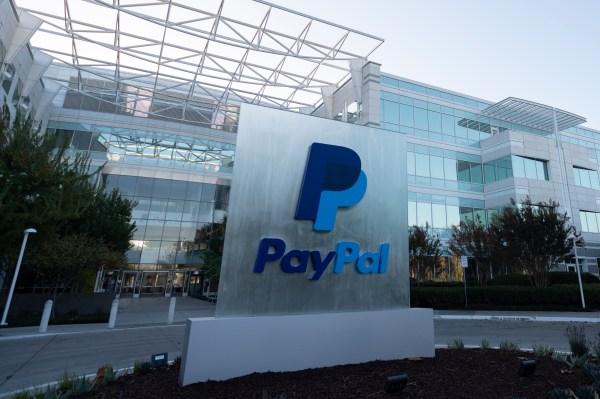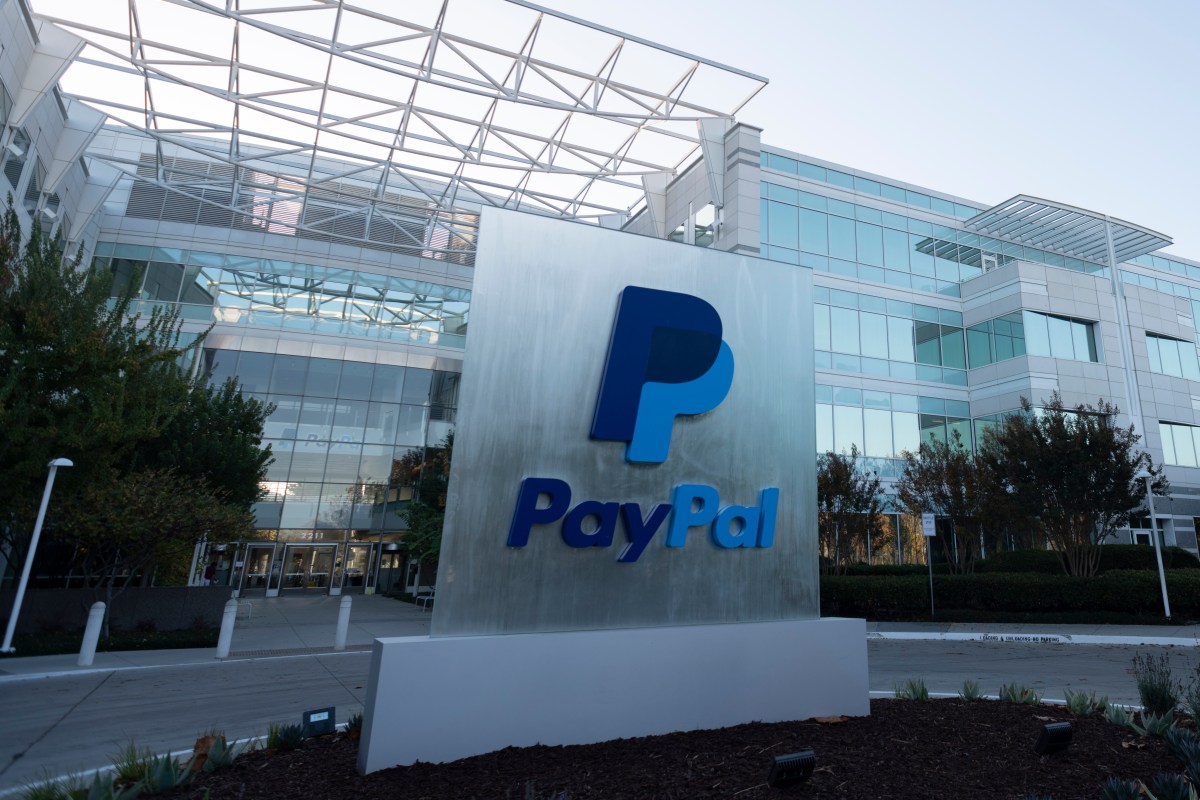PayPal faces new antitrust lawsuit claiming it unfairly stifles competition with Stripe, Shopify and more | TechCrunch

PayPal has been hit with a class-action lawsuit by consumers represented by law firm Hagens Berman alleging that the fintech giant’s anti-steering rules stifle competition against lower-cost payment platforms such as Stripe and Shopify.
Specifically, according to an investigation conducted by the firm’s consumer rights attorneys, PayPal has subjected consumers to excess charges when purchasing from online merchants that accept PayPal or Venmo.
The suit states that PayPal’s merchant agreements, which all merchants must sign to accept payments via its platform, leads to consumers paying more to make purchases. The attorneys charge that “if PayPal’s agreements were transparent, consumers would quickly see a price difference between PayPal and Venmo and its competitors.”
Specifically, per PayPal’s anti-steering rules, if a retailer accepts PayPal or Venmo payments, they agree not to offer any discounts or inducements to persuade consumers to use other payment options that have a lower cost. These discounts are treated as a “surcharge” on PayPal transactions and prohibited by PayPal’s anti-steering rules.
Merchants also cannot tell customers that other payment methods are more cost-effective or preferred, according to the complaint, which was filed in the U.S. District Court for the Northern District of California. Merchants are also not allowed to present other forms of payment earlier in the checkout process.
For example, the attorneys say that without PayPal’s anti-steering rules, a merchant could charge $5.83 for a box of Kleenex when PayPal is used as the payment method, and less than $5.83 when the consumer paid with credit card or other payment. Or, a merchant could maintain the same $5.83 price but provide consumers with a discount when they paid with a method other than PayPal or Venmo.
“Either way, the price differential would result in consumers paying lower all-in prices,” the lawsuit says.
Calling the policies “draconian” and “illegally anticompetitive,” the attorneys compared Pay Pay’s anti-steering rules to those that Visa and Mastercard used to impose before they were sued by the Department of Justice in 2010.
In a statement, the attorneys representing the class said: “Consumers end up paying more for all transactions as a result of PayPal’s policies and industry-high rates. PayPal generated total revenues in 2022 exceeding $27 billion, most of it coming from these fees.”
Per the firm’s lawsuit, more than 400 million consumers have PayPal accounts, including 75% of all Americans. Nearly 1 million U.S. e-commerce websites accept PayPal as a means of payment, and PayPal processes 41 million transactions daily.
“If consumers were allowed to see behind PayPal’s pricing veil, they would see a clear and distinct difference between using PayPal and Venmo to complete their transactions and using its competitors,” said Steve Berman, managing partner and co-founder of Hagens Berman. “For a service named for its friendliness, PayPal is far from consumer friendly.”
TechCrunch has reached out to PayPal for comment but had not heard back at the time of publication.
Want more fintech news in your inbox? Sign up for The Interchange here.




